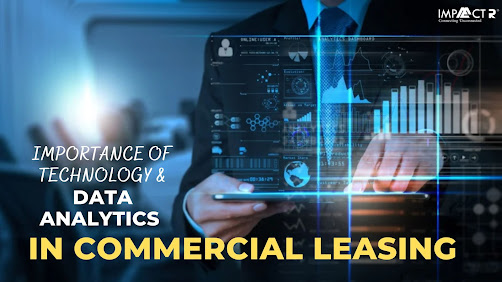Advantages & Disadvantages of Leasing & Owning Commercial
Commercial leasing can be a great way to get started in your business without having to commit to a large purchase or loan. However, there are some key things you should understand before entering into a commercial lease agreement. In this blog post, we'll discuss the pros and cons of leasing vs owning commercial property. We'll also go over some key lease terms you should be aware of. Let's get started!
The Pros of
Leasing Commercial Property
Purchasing commercial space can be expensive, especially if
you're just starting out. It's good to know that there are companies like me
that will help by providing you with affordable leasing options. I'm not saying
renting is cheaper than purchasing because it isn't; however, it does give you
an opportunity to build up your business before taking the next step (which
would be owning). Leasing also lets you take advantage of today's modern
technology without having to make long-term commitments. Some great examples
are fiber optic connections or brand new phone systems that allow for remote
access.
Benefits of
Owning Commercial Space
Owning commercial space has its benefits as well, which
include being able to design your building to fit your business. Another
benefit is being able to personalize common areas without a fee that may apply
in a commercial leasing agreement. Owning also allows you to have the freedom
of creating long-term plans for your business without having to seek approval
from a landlord.
Some Key
Commercial Leasing Terms
Now it's important to understand some key commercial leasing
terms when entering into an agreement:
·
The length of the lease term, which can be anywhere
from 5 years, 10 years or even 15+ years depending on the space and how much
you're willing to spend. Longer lease terms usually mean lower monthly rates
but they do come with more risk because they require you to sign a contract for
a longer period of time.
·
Amount of rent that you'll be responsible for each
month, which will include your base rent plus taxes and other additional charges.
·
Deposit at the signing of the lease, which is usually
one to two months' worth of rent. This deposit is applied towards your monthly
rate so it's important to seek commercial leasing advice before entering into
an agreement.
·
Common area maintenance fees, which are costs that
cover common areas like elevators, restrooms, lobbies and hallways where
multiple tenants might need access to. These costs can vary depending on how
much space you're leasing (i.e., less space = higher cost).
·
Key money, which is a fee that you'll pay upon signing
the lease. This money is used to compensate the landlord for any brokerage fees
and/or commission costs he may have collected in order to find you a space.
·
Out-of-pocket expenses such as insurance and utilities.
Make sure to ask about what these costs will be before signing on the dotted
line because they can add up quickly!
Whether you decide to lease or purchase, make sure to do your
research and seek commercial leasing
advice from companies like me, Commercial Spaces. I help small businesses get
started with affordable leasing options that will allow them to increase their
business without having to break the bank. If you're interested in learning
more or finding out how we can help you, feel free to call us.

.jpg)

Comments
Post a Comment